Planning your first African safari? How exciting! But what if you don’t get to see any animals? Scary right! Luckily, behind the scenes, there is someone making sure tourists traveling from all over the world get to see their favorite animals whenever they visit the continent. While it is not one man, nor masked, this non-profit organization has been managing parks in Africa since 2003 with its portfolio growing bigger every year.
African Parks is an organization that focuses on the rehabilitation and management of protected areas.
Primarily working in Africa, the NGO is in charge of parks across the continent partnering with local communities and the national governments. Its unique approach to environmental conservation is accepted in countries like Zambia, Malawi, the Democratic Republic of Congo, Benin, Chad, Rwanda, Mozambique, and the Central African Republic. And they have been incredibly successful!
Africa Parks aren’t only known for wildlife. The iconic “drowned forest” lies in Zimbabwe’s Matusadona National Park.
The primary goal of the Johannesburg-based NGO is to maintain, manage or restore parks as well as their resources. To restore a park to its historical level, the organization gets involved in species reintroduction, recovery, and securing park boundaries. The success of African Parks lies in its professionalism with the focus being on securing the animals and involving the local community in their activities. With only just over 5000 employees managing 15 parks across 11 countries whose total area of about 41,000 sq mile (about the size of Kentucky), making their success even more impressive.
African Parks also involves itself in land conservation whereby they work together with local communities for their benefit. So with so few employees and so much to manage, how do they focus their efforts?
Wildlife Safety
Africa is facing a crisis, with some animal species facing extinction. African Parks works to protect the animals using different approaches that ensure ecosystem preservation, resulting in better health for wildlife and surrounding communities. Some of these approaches include translocations and reintroductions of wildlife; securing park boundaries and implementation of anti-poaching practices, resulting in the security of wildlife in the parks.
Park Protection
African Parks boasts of having one of the biggest counter-poaching forces in Africa. Its 1000 rangers are responsible for ensuring the security of the parks, surrounding communities, and nearby regions. The NGO manages law enforcement in across the wide area of their parks. The existence of these Special Forces has brought stability for the surrounding community and its people.
The Ennedi Natural and Cultural Reserve in Chad is full of not only sandstone works of natural art, but historic rock art and wildlife including crocodiles and Barbary sheep.
Community Development
African Parks understands that the survival of the protected areas in future years depends on the value placed on them by the local people. The long-term existence of the parks also provides extra benefits to the people such as involvement in management decisions, provision of educational support, and enhancement of sustainable livelihoods. The non-profit sees the local community as a critical part of the survival of the protected parks. Furthermore, African Parks engages with development organizations to provide services focusing on the education and health of the people living in surrounding areas.
Improved Tourism
African Parks understands the need to have visitors at the parks throughout the year for their survival. They have adopted a model to ensure funds are raised through tourism operations and gate fees that are managed by the parks. The finances make it possible for the protected area to become sustainable with or without donor funding. Besides, coming up with initiatives to increase tourism numbers African Parks also employs local people who make a living from the park and use their salaries to uplift the economy of the local area.
Management infrastructure
Good infrastructure and management at the parks are one of the major focuses of African Parks. The parks are registered as separate legal entities in host countries to ensure they benefit local communities. The management of each park is transparent in its dealings and accountable, resulting in donor confidence and great results by the team. Besides proper management, the non-profit also ensures effective communication and technology to ensure the parks run at optimum levels.
Benefits to Tourists
The success of African Parks in reviving wildlife across Africa is unmatched and breathes new life into parks that no longer attract tourists. Parks managed by the NGO attract both local and international tourists, providing them a unique safari experience with diverse wildlife. Game viewing is varied, allowing tourists to choose whether to explore the area by car, on foot, or from a boat depending on the park and location.
Success of the efforts in Liwonde and Majete National Parks in Liwonde allowed for a historic elephant translocation of elephants from these parks to Nkhotakota National Park, also in Malawi.
In Akagera National Park in Rwanda, tourists see the famous lions that were translocated from South Africa in a bid to restore the park to its former glory. The lion population became extinct during the genocide era but African Parks re-introduced this key species to the park in 2015.
In the Democratic Republic of Congo, specifically Garamba, the poaching of elephants has decreased by 90% since the African Parks joined the management of the park. The wildlife population, including the threatened Kordofan giraffe, has risen allowing tourists to behold the beauty of this unique giraffe species whenever they visit the national park.
The accommodation options available to guests visiting the park under the management of the non-profit are also diverse and exceptional. Visitors can choose from the most basic campsites that are community-run or high-end lodges managed by luxury safari operators. Most of the employees at these accommodations are locals which results in a thriving economy leading to the long-term success of the protected area.
Your Contribution as a Tourist
African Parks relies on the financial backing of private entities, funding partners, and governments in which they work. The overhead costs of the NGO are covered by donations, private funders, and their endowment fund.
Individual donations are also accepted through the non-profit’s website. If interested in supporting a ranger, gifts can be directed to the “Rangers Fund” which provides funds to the families of rangers and the anti-poaching efforts they engage in daily.
Ultimately, the work by African Parks is far from over and needs to be supported in every way possible. Direct donations make a huge impact, but better yet, visit one of their parks and your visit will contribute not only to African Parks continued operations but also to efforts to sustain these parks and the local communities. Plus you’ll have unforgettable memories of an amazing adventure as well. Want to talk more about African Parks or a trip to Africa? Call me today!

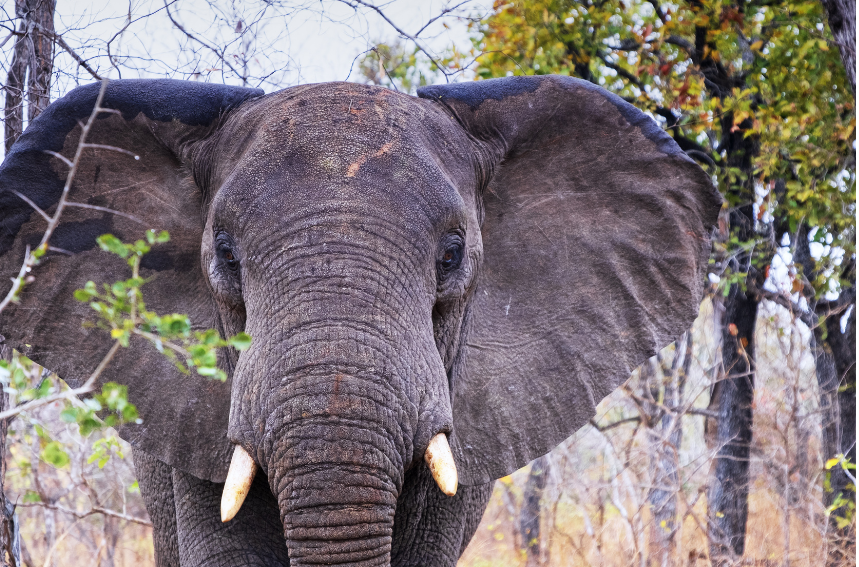

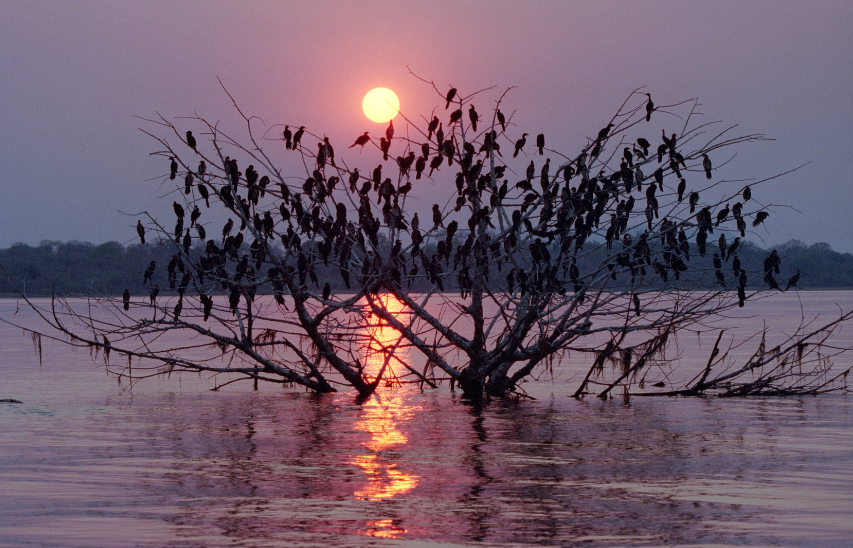
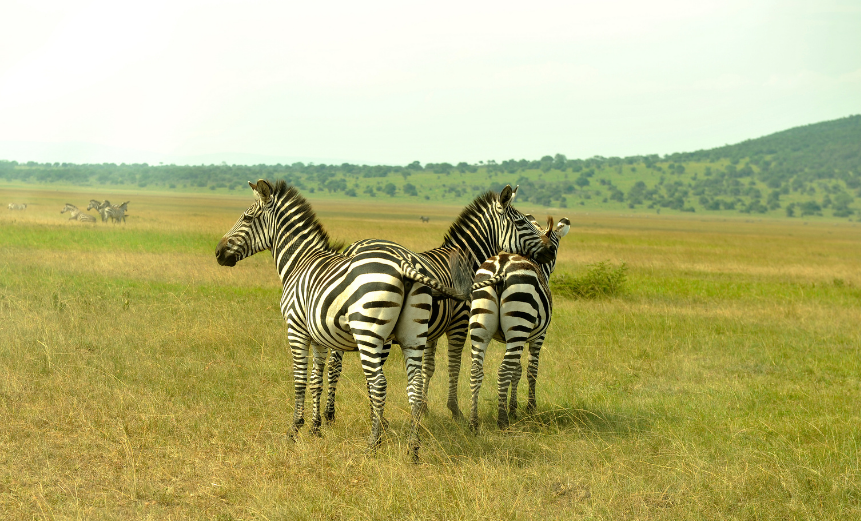
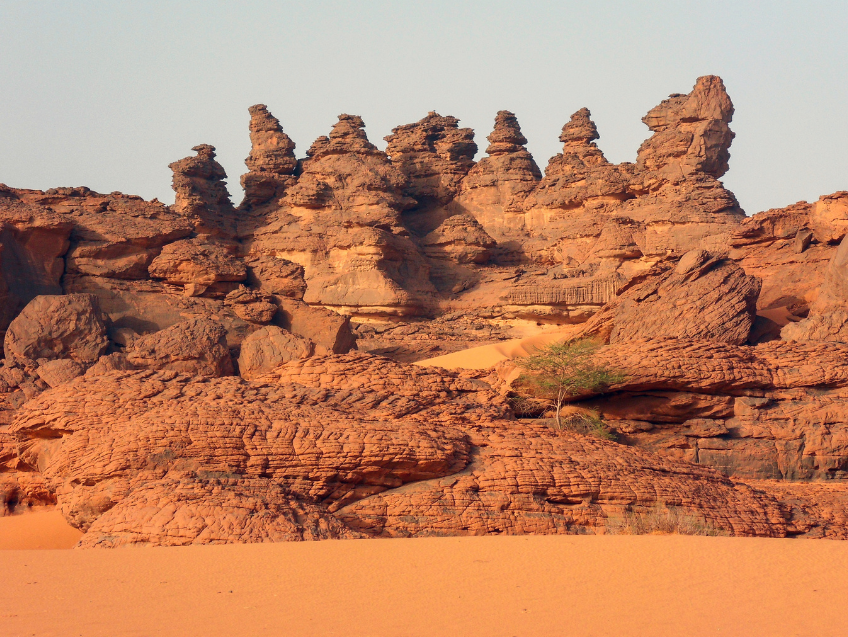
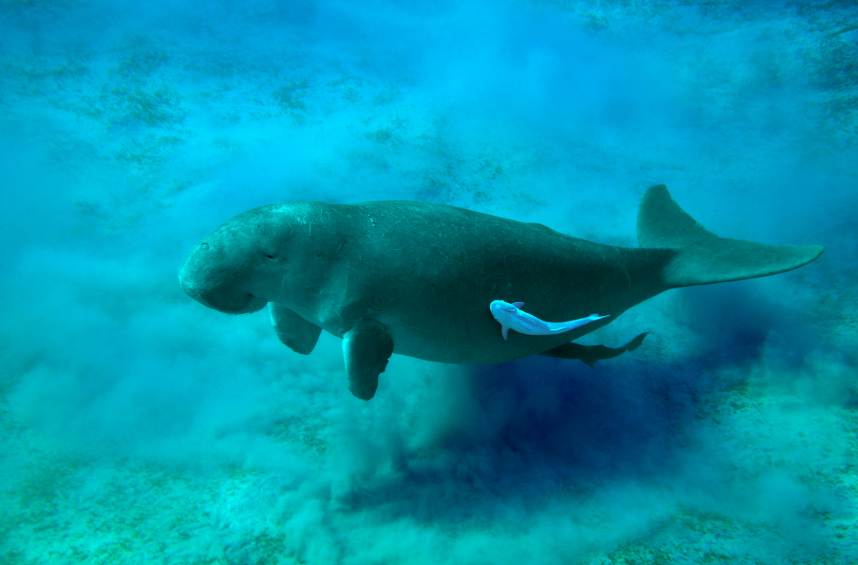

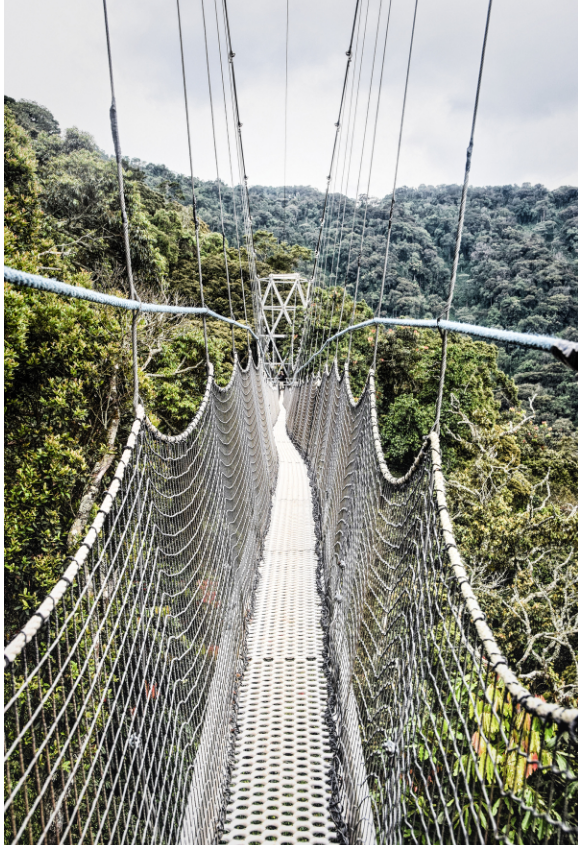
Leave a Reply